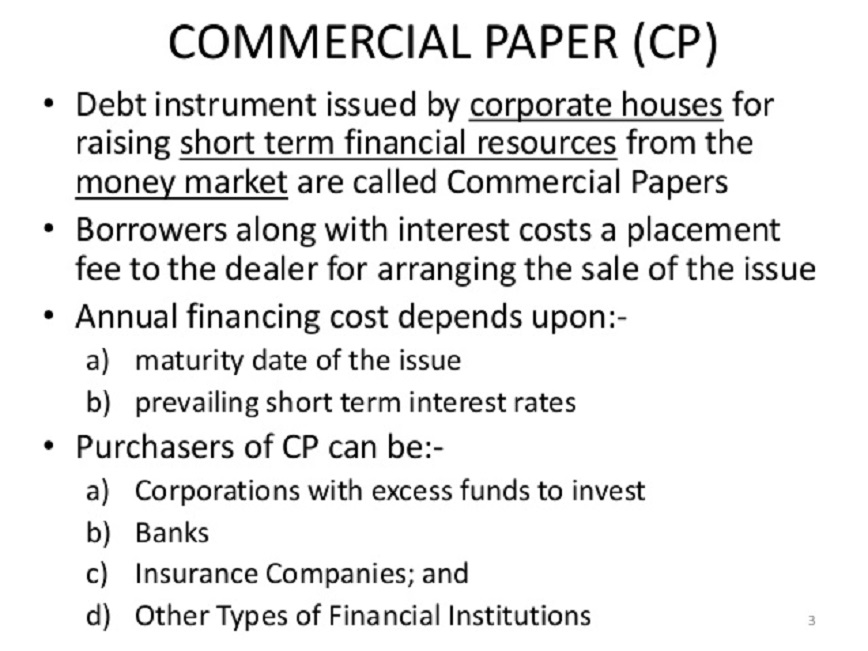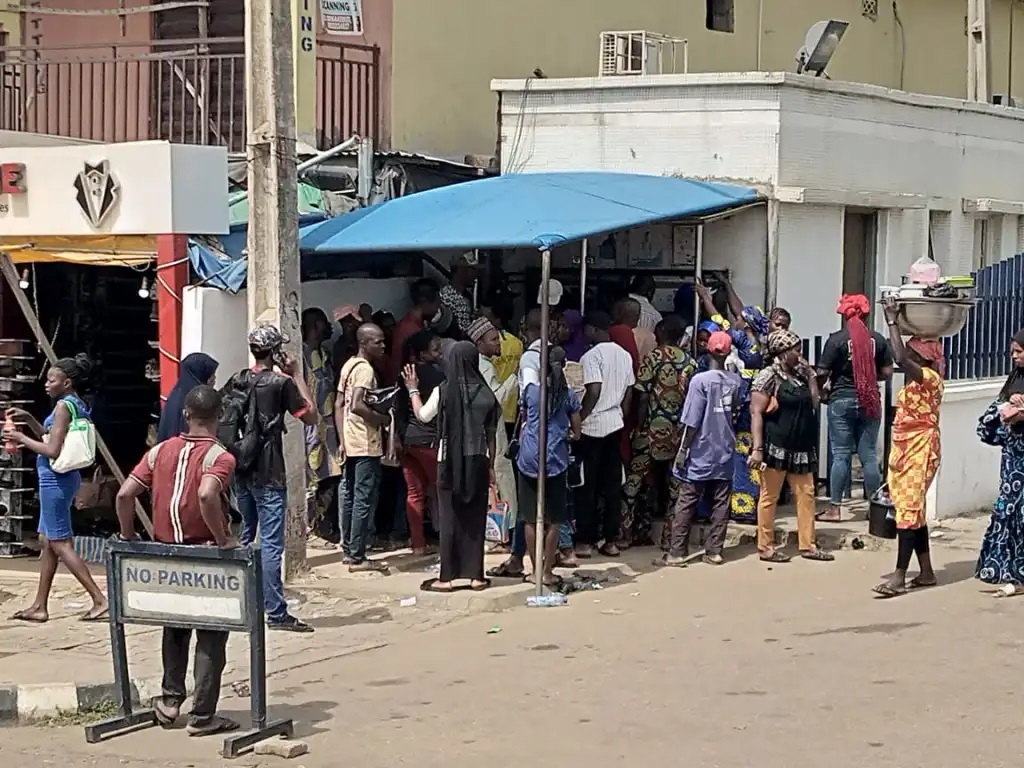Economy
Four Best-Performing Equity Mutual Funds of Q1 2018

By Quantitative Financial Analytics Ltd
Nigeria’s equity market witnessed some calmness and subdued volatility in the first quarter of the year.
Quantitative Financial Analytics Realized Volatility index (NSErealVol) stood at 12.98, as at March 29, 2018 down from 15.68 recorded by the end of the previous year.
In addition, inflation in Nigeria moderated while the Dollar exchange rate stabilized around the N360 range within the quarter even as yields continued to fall along all maturities. All those had some positive effect on equity market which got translated into the equity mutual funds.
How Did Energy Sector Perform in Q1?
During the Q1 of 2018, the Nigeria All Share Index (ASI) increased by 3,261.32 points representing a positive performance of 8.53 percent. The market grew by 15 percent in Jan, 2018, losing marginally by 2 percent and 4 percent in February and March to end the quarter with a positive return.
In spite of the market performance within the quarter, we have identified four mutual funds that did much better in the quarter. Here they are:
Meristem Equity Mutual Fund
Meristem Equity Market fund seeks capital appreciation for the long run by investing in a basket of high quality equity securities in Nigeria. The fund gained about N95 million or 46 percent in 2017 and has gained about 52.7 million or 17 percent in Q1, 2018, according to our analysts. In Q1, 2018, it attracted an estimated 8.5 million of inflows to leave its net asset value at N364 million by the end of the first quarter.
Stanbic IBTC Aggressive Fund
Stanbic IBTC Aggressive fund seeks to provide liquidity whilst maintaining low to medium volatility of return over the long-run. The fund invests a minimum of 60 percent of its assets in the equity market and the other 40 percent in fixed income market according to its fact sheet. Stanbic IBTC Aggressive fund gained about N95 million or 48 percent in 2017 and has gained about N43.6 million or 12.58 percent in Q1, 2018, according to our analysts.
In 2017, it suffered a net outflow of about N10 million but in Q1, 2018, it attracted an estimated N169 million of inflows to leave its net asset value at N502 million by the end of the first quarter
Frontier Fund
The Frontier Fund has the primary objective of achieving long-term capital appreciation to unit holders by investing in carefully selected money and capital market instruments.
The Fund gained about N42 million or 22 percent in 2017 and has gained about N27 million or 10.55 percent in Q1, 2018, according to our analysts.
In 2017, it suffered a net outflow of about N3 million but has attracted net inflow of N5 million in Q1, 2018 to leave its net asset value at N286 million by the end of the first quarter
UBA Equity Fund
The United Capital Equity Fund Invests in quoted equities that are traded on the Floor of the Nigerian Stock Exchange (NSE). Its objective is to achieve high returns over a medium to long-term period by investing in select portfolio of equity securities according to its fact sheet.
The Fund which is suitable for investors with a long-term outlook gained about N420 million or 45.8 percent in 2017 and has gained about N145 million or 10.45 percent in Q1, 2018, according to our analysts.
In 2017, it suffered a net outflow of about N122 million and has also suffered about N15 million net outflow in Q1, 2018 to leave its net asset value at N1.5 billion by the end of the first quarter.
Though these funds have been stellar in their performance, it is worthy of note to state that past performance is not a guarantee of future performance.
Economy
Wema Bank Joins NGX Banking Index as Flour Mills Exits Consumer Goods, Others

By Aduragbemi Omiyale
The review of the market indices by the Nigerian Exchange (NGX) Limited has led to the removal of Flour Mills Nigeria from the NGX 30, industrial goods, pension, Pension board and the Meristem value indices.
The end-of-the-year review, according to a statement made available to Business Post, took effect at the opening of the market on Thursday, January 2, 2025.
The NGX 30 index saw the removal of Guinness Nigeria, Sterling Holdings, and Total Nigeria and the inclusion of Conoil, International Breweries, Oando and Transcorp Power.
Also, Golden Guinea Breweries joined the consumer goods index, as the banking index welcomed Wema Bank and witnessed the exit of Sterling Holdings.
Further, the insurance index recorded the addition of Guinea Insurance and
International Energy Insurance and the removal of Lasaco Assurance and Mutual Benefits Assurance, as the industrial goods remained unchanged.
It was observed that the energy index welcomed Aradel Holdings, MRS Oil and Oando and said goodbye to Japaul, as Aradel Holdings and Transcorp Power joined the pension index after Cadbury Nigeria left.
The NGX Lotus Islamic index had Aradel Holdings coming on board as Dangote Sugar left as the corporate governance and Afrinvest Bank Value indices remained intact, with Aradel Holdings added to the NGX Pension Broad index.
In the notice, the Afrinvest Div Yield index welcomed Red Star Express after FCMB Group and Dangote Cement exited, and FCMB Group joined the Meristem Growth index after the duo of Access Holdings and Zenith Bank were removed.
Lastly, the trio of Access Holdings, Dangote Sugar and Zenith Bank were put into the Meristem Value index and the quartet of AIICO Insurance, Nigerian Breweries, FCMB Group and Flour Mills exited.
The chief executive of NGX, Mr Jude Chiemeka, reiterated that the exchange continues to blaze the path to becoming Africa’s foremost Securities Exchange with innovation and product developments that deepen the market and boost liquidity, thus connecting Nigeria, Africa, and the world.
Also, the Head of Trading and Products at the bourse, Abimbola Babalola, emphasized that NGX indices are developed, managed, and rebalanced semi-annually to allow investors to track market movements efficiently and manage their investment portfolios properly.
Designed using the market capitalization methodology, the indices are rebalanced semi-annually on the first business day in January and July, respectively.
Economy
FMDQ Resumes Admission of Commercial Paper Issuance

By Adedapo Adesanya
FMDQ Securities Exchange has resumed admission services in the Nigerian Commercial Paper (CP) market after an earlier suspension on December 30.
This followed the release of new rules on the issuance of financial instruments by the Nigerian capital regulator, the Securities and Exchange Commission (SEC).
“This Market Notice is issued as an update to MN-50 (Suspension of FMDQ Exchange’s Admission Services in the Nigerian CP Market), to notify all stakeholders of FMDQ Securities Exchange Limited (“FMDQ Exchange” or the “Exchange”) of the immediate resumption of the Exchange’s securities admission services in the Nigerian commercial paper (“CP”) market,” a statement on Friday said.
A commercial paper is short-term, unsecured promissory notes not backed by collaterals issued by companies to raise funds for immediate needs.
The SEC is now stepping in to ensure that there are some efficiencies in the issuance by approved bodies to avoid sharp practices and opacity.
The recent suspension applied to applications for which the filing of all relevant documentation has been completed, applications for which the filing of all relevant documentation is yet to be completed, as well as prospective and ongoing CP offers under active CP Programmes.
Now, FMDQ Exchange will immediately resume its securities admission services in the Nigerian CP market pending the finalisation of the ongoing engagements with the Commission on the operationalisation of the New Rule on the Issuance of Commercial Papers released by the market regulator.
The exchange also announced that it has returned to the status quo prior to the release of MN-50, and thus resumed the processing of new and ongoing applications in respect of prospective CP Programme registrations, revisions/extensions and issuances/quotations.
It added that it would provide relevant updates and further developments in respect of the above to market participants in due course.
Economy
Stanbic IBTC PMI Shows Rise in Business Activity First Time in Six Months

By Modupe Gbadeyanka
For the first time in six months, the Nigerian private sector recorded an improvement in business conditions, with a 52.7-point reading in the Stanbic IBTC Bank Purchasing Managers’ Index (PMI) in December 2024.
It was observed that overall business conditions improved as new orders increased for the second month running and renewed expansions were seen in output, employment and purchasing, though the inflation rate remained elevated.
Business Post reports that in the previous month, the index stood at 49.6 points signalling a solid improvement in the health of the private sector that was the most pronounced since January 2024.
“In line with the increase in economic activity usually associated with the festive season in Nigeria, the private sector activity moved above the 50-point psychological threshold for the first time in six months, settling higher at 52.7 in December from 49.6 in November – its most pronounced improvement since January 2024.
“This improved private sector activity reflects renewed expansions in output, purchasing, and employment level. New orders also increased for the second consecutive month, with the latest increase being the highest since May 2024, reflecting an improvement in consumer demand.
“Nonetheless, while some firms increased employment in response to the higher new orders, others reported having to let staff go due to difficulties paying wages.
“Elsewhere, output (54.8 points vs November: 49.6) ended a five-month sequence of decline, with survey participants linking the rise in activity to increased customer numbers. Growth was recorded across each of the four broad sectors covered by the survey. Meanwhile, input prices remained elevated in December – prices increased across all four monitored sectors, with the most pronounced increase in the manufacturing sector.
“As a result, output prices also remained elevated in December and ticked higher from that seen in November,” the Head of Equity Research West Africa at Stanbic IBTC Bank, Mr Muyiwa Oni, said.
“We maintain our expectation that the broad economy is likely to maintain the Q3:24 growth momentum in Q4:24, supported by a festive-induced increase in economic activity and sustained improvement in crude oil production.
“On balance, we estimate the economy to grow by 3.24% y/y in real terms in Q4:24 and adjust our 2024 growth estimate upward to 3.2% (previously: 3.1%). Over the medium term, some firms were optimistic of improvements in access to funding, helping them to invest in business expansions, while others were hopeful of an improvement in economic conditions in 2025, and a softening of inflationary pressures,” he added.
-

 Feature/OPED5 years ago
Feature/OPED5 years agoDavos was Different this year
-
Travel/Tourism8 years ago
Lagos Seals Western Lodge Hotel In Ikorodu
-

 Showbiz2 years ago
Showbiz2 years agoEstranged Lover Releases Videos of Empress Njamah Bathing
-

 Banking7 years ago
Banking7 years agoSort Codes of GTBank Branches in Nigeria
-

 Economy2 years ago
Economy2 years agoSubsidy Removal: CNG at N130 Per Litre Cheaper Than Petrol—IPMAN
-

 Banking2 years ago
Banking2 years agoFirst Bank Announces Planned Downtime
-

 Sports2 years ago
Sports2 years agoHighest Paid Nigerian Footballer – How Much Do Nigerian Footballers Earn
-

 Technology4 years ago
Technology4 years agoHow To Link Your MTN, Airtel, Glo, 9mobile Lines to NIN















